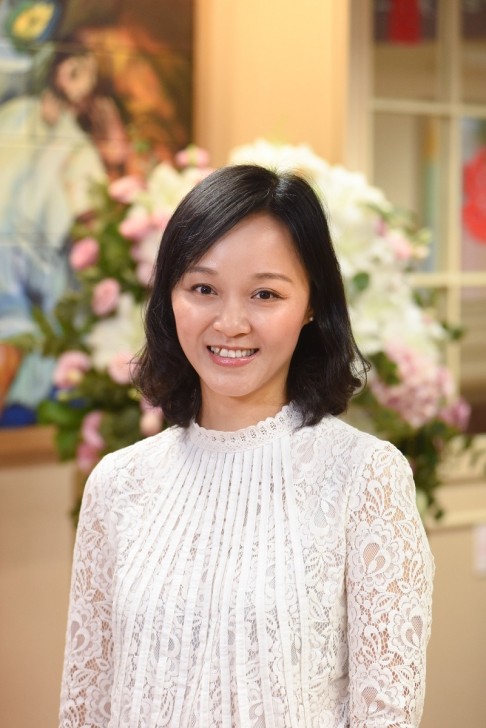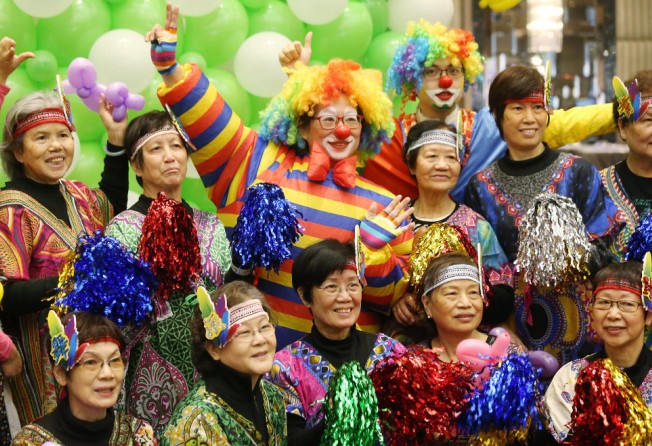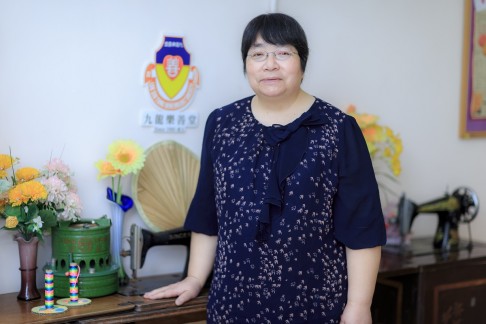
Calling for young carers
Hong Kong faces a major labour shortage in the healthcare sector as the number of elderly living in the city is set to more than double over the next three decades

[Sponsored article]
It is projected that Hong Kong’s population aged 65 or older will more than double from 1.07 million in 2014 to 2.54 million by 2041, representing 30 per cent of the total population. The World Health Organization also forecasts that by 2050, Hong Kong will be ranked fifth in the world for cities with the largest percentage of older adults; by then, two out of five people will be aged 65 or older.
The sharp growth in the elderly population has become a major concern. Besides bringing a financial burden to housing, retirement protection and social welfare, the top-heavy demographic also entails an increased demand for medical care and elderly services. Government projections on healthcare workforces suggest that the medical sector will face shortages in the next 10 years, putting unprecedented strain on the healthcare sector.
The manpower issue also affects the quality of healthcare patients receive. Due to the chronic undersupply of doctors and nurses, it is not uncommon for patients in non-emergency cases to wait long hours for medical treatment.
The shortage of nursing manpower has already become a burden for many local elderly care organisations. “The average vacancy rate of nursing staff in our elderly service units exceeds 20 per cent,” says Esther Wong, service director of Evangelical Lutheran Church Social Service - Hong Kong (ELCSS-HK). “The situation is particularly serious in our residential care homes for the elderly, due to the increasing number of seniors in society suffering from various types of illnesses and physical problems.”

According to Wong, the manpower resources their service units need the most are nurses, physical therapists and occupational therapists. Caretakers and healthcare assistants are especially in need as recent years have seen more senior citizens requiring home care services.
“There are not many tertiary education institutions in Hong Kong offering nursing programmes, so we hope the government will encourage more universities to groom nurses and specialised therapists so as to inject new force into the healthcare sector.”
Wong sees an immediate need to motivate existing nursing personnel while attracting young people to join the elderly care industry and nurturing talents for it. “It is widely believed that frontline nurses deserve better remuneration, image and social status,” says Wong. “There is also a growing worry that the majority of nursing staff in Hong Kong are between 40 and 50 years old. They will retire soon and the shortage of nurses will get even worse. There is no question that we have to put more effort into orienting youngsters towards healthcare.”
In recent years, ELCSS-HK and the Open University of Hong Kong (OUHK) have rolled out the “Navigation Scheme for Young Persons in Care Services”, a two-year scheme under which students work at elderly care or rehabilitation centres while studying for the diploma in health studies (community health care) programme at the OUHK. Upon completion, their tuition fees will be reimbursed by the Social Welfare Department.
Apart from medical and technical skills, today’s nurses are also expected to possess other soft skills, says Purple Ho, superintendent of Lok Sin Tong Chu Ting Cheong Home for the Aged, a government-subsidised residential care home for the elderly in Hong Kong. “A nurse is basically a communicator with effective interpersonal and therapeutic communication skills to help patients of all ages in a wide variety of health care settings,” she says.

Ho explains that the greatest challenge facing nursing staff is to break communication barriers with the elderly and offer them a convivial, welcoming atmosphere. She also believes that advanced technologies will help facilitate their daily operations.
“Through the application of creative technologies and tools, some overseas elderly care organisations have gone the extra mile in raising the bar of senior living innovations, and monitoring the safety of residents living in senior care communities.” Ho believes that can be also applied to the sector in Hong Kong.
This echoes the voices that call for new types of training to be included in healthcare education. Apart from traditional nursing training, new programmes on mental health care, psychology, speech therapy, sports management, dietetics, Chinese medicinal nursing, information technologies, physiotherapy and occupational therapy are also being considered by some universities to meet the growing demands for a diversifying range of healthcare professionals.
In fact, some actions and initiatives by the government are already in place to tackle the ageing problem and shortage of healthcare professionals in Hong Kong.
For instance, the government has increased the number of places to study medicine in local universities three times since 2009, and will consider further increases, depending on the demand for doctors.
Efforts are also under way to ease the strain of manpower shortage by launching new programmes and building new facilities in universities to cultivate more talents for the healthcare industry.